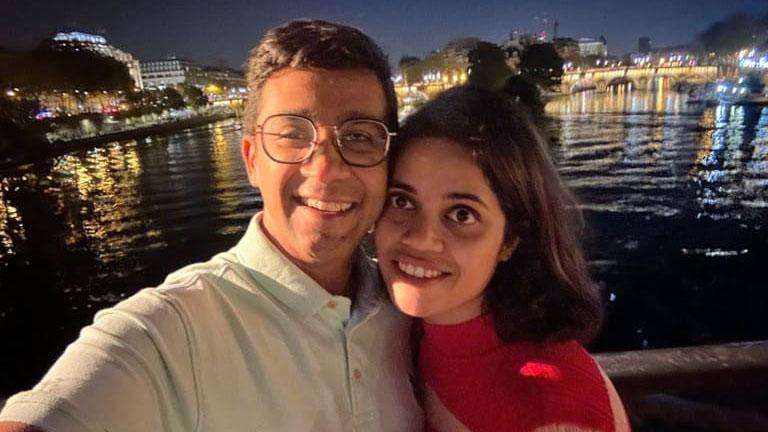A Birmingham man has been sentenced to life in prison with a minimum term of 15 years for the brutal murder of his 76-year-old mother, Mohinder Kaur, after a dispute over a television remote. The horrific attack, fueled by a cocktail of cocaine and alcohol, occurred in their North England home in September of last year.
The court heard that on the day of the murder, Surjit Singh, 39, had been drinking and using cocaine. His mother, Mohinder Kaur, a frail and elderly woman for whom he was a carer, expressed her disapproval of his intoxicated state and asked him to leave their shared space. The situation escalated when she took the TV remote, triggering Singh's fatal rage.
During the sentencing at Birmingham Crown Court, Judge Simon Drew KC described the attack as "a sustained attack over a considerable period of time." He noted that bloodstains around the house indicated a prolonged ordeal during which Mohinder Kaur desperately tried to defend herself. Singh repeatedly pushed, kicked, and stamped on her, inflicting terrible injuries to her head, neck, and limbs.
The court was told that Singh had a history of violence. The prosecution, led by Michelle Heeley KC, revealed that Singh had previously threatened his sister, saying he was "going to smash her lights out" and had slapped her. In a call to the NHS non-emergency line in November 2023, Singh admitted to struggling with his mental health and even tearing out his mother's hair. He had also previously thrown bricks into his brother's garden after a disagreement.
After the attack, Singh confessed to his sister via text, "I've killed your mum." He later told police, "I didn't mean it, I just lost my head," when he was arrested at the scene after returning to the family home. The family is torn apart by this senseless act, and our thoughts remain with everyone affecte
Public Comments and Reactions
In a world where digital platforms are a cornerstone of public discourse, online comments offer a vivid snapshot of societal opinions on news events. The comments on this news story reveal a range of perspectives, from questions about the underlying causes of the crime to strong condemnations of the legal system's leniency.
Read also: A Community's Unspoken Crisis: British Bangladeshi Sons Kill Parents, Exposing Deep-Seated Issues
The first comment by Monkeysfist highlights a common public debate: the interplay between mental health struggles and substance abuse. By juxtaposing Singh's admission of a mental health crisis with the evidence of significant drug and alcohol consumption, the commenter prompts readers to consider which factor might be the primary cause of the individual's violent behavior. This comment reflects a broader societal discussion about how to assign culpability when addiction and mental illness are intertwined.
Allan Taylor's comment expresses profound disappointment and outrage at the perceived leniency of the justice system. The commenter characterizes the 10-year sentence as a "disgrace," arguing that it fails to provide justice for the victim and insults the gravity of the crime. Taylor's comment frames the issue in a political context, linking what they see as "soft" sentencing to the "ideological left" and expressing concern that such judicial outcomes could lead to a less secure society for law-abiding citizens.
Finally, the comment from N M provides a cultural and religious perspective. This comment focuses on the Sikh religious code, emphasizing the strict prohibition against consuming intoxicants like liquor, cocaine, and other narcotics. By pointing out that Singh's actions contradict the core tenets of his faith, the commenter adds a layer of moral and spiritual judgment to the discussion, suggesting that the individual's behavior was a violation not only of civil law but also of his religious principles. Together, these comments illustrate the complex web of social, political, and cultural viewpoints that shape public reactions to criminal justice cases.







_7.jpg)
.svg)


